Beirut
Top Places:
#1 Metro Al Madina
#2 Pavillon Royal Biel
#3 Musée National
Entertainment Quality: 5 / 5
Safety: 3 / 5
Nightlife: 5 / 5
Walkability: 5 / 5
Living Standards: 4 / 5
Free WiFi: 2 / 5
Beirut in Prices & Facts
$8 $8
Quick Lunch for One
$1.4 $1.35
Public Transport Ride
Use keyboard arrows to navigate through photos
View More High-Quality Photos:
Beirut Airports
Beirut Rafic Hariri Airport / BEY
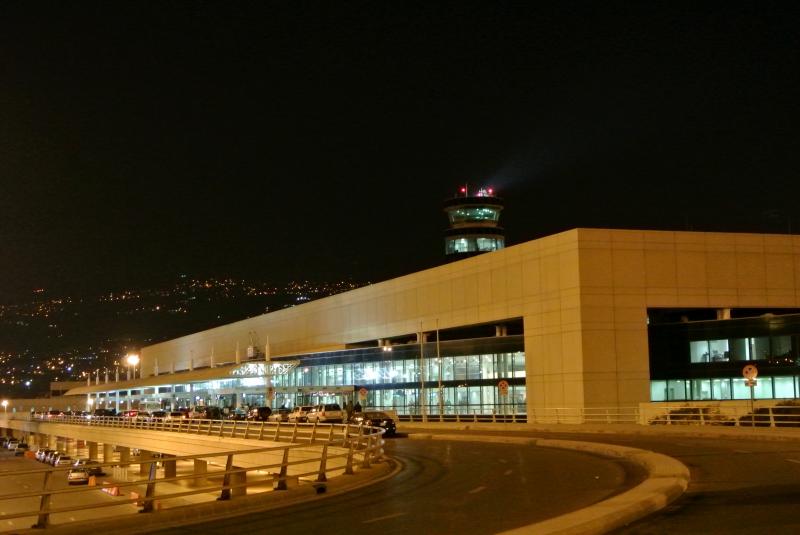
Tourist Reviews
All photos and texts belong to their authors

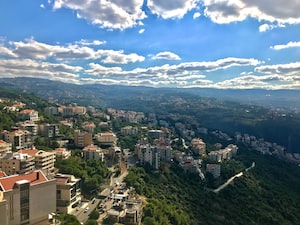
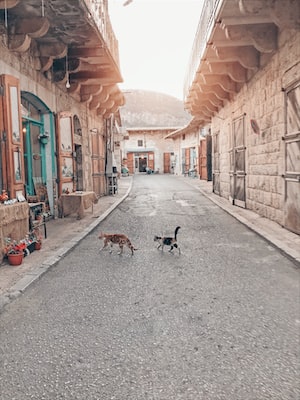
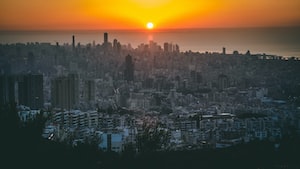
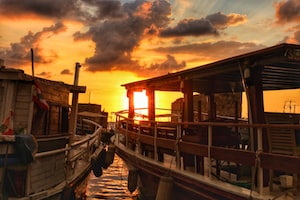
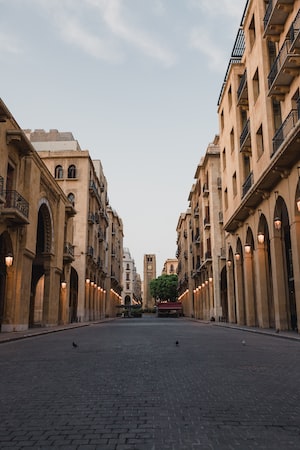
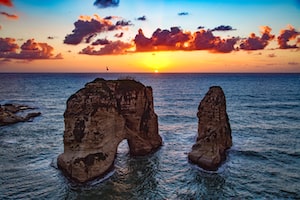
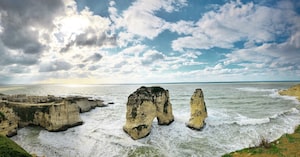
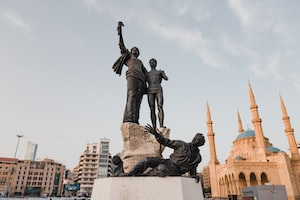
The first thing that hits you in the eyes is the ruins of war buildings, evidence of gunfire on the facades that can hardly be hidden or restored. Along the road, luxury housing complexes and five-star hotels stand, where nightly rates can reach up to $2,000-$3,000. The civil war lasted a whole 15 years (from 1975 to 1990), and I knew so little about it before visiting Beirut, yet it left a huge mark on the land and its people.
The most striking sight is the abandoned 26-story Holiday Inn hotel in the city center, which functioned only a year before becoming the epicenter of the Battle of Hotels and a symbol of the Lebanese civil war. Older folks can easily recall and talk about the war, each having their own version of its reasons. The youth relate to it in a more relaxed way, however, they also realize that Beirut has yet to reach the heights of its former glory and how it will soon be dubbed the "Pearl of the Middle East". Nevertheless, the country is genuinely beautiful.
Lebanon is a strange blend of Mediterranean nature, Middle Eastern culture, and vibrant nightlife. Mosques stand next to churches, while around the corner, a trendy nightclub thrives, where a family of ten lives in an improvised shelter. The atmosphere reflects the plight of Syrian refugees, particularly notable at the border of two countries. Living quarters are made from planks and cardboard, often protected by tarps from rain, while in some areas, pipes from portable stoves and makeshift antennas are visible.
As you enter these camps, children are playing while women cultivate veggies and flowers. Witnessing such consequences of war firsthand, rather than through a screen, impresses you with how real it is and how it’s not far away, just a four-hour flight away. People, affected by the war, lost everything and are forced to flee their homeland, a place they'd probably prefer to be right now. »
It's amazing how cool it is when the weather outside is hot, and you find a refreshing escape indoors. ☀️❄️
It’s fascinating to witness ancient artifacts up close, breaking new ground and discovering answers to some of those lingering questions... 🏛️✨ »
While many Lebanese live outside of their homeland, many of them often return here. Ongoing conflicts have not swallowed up a single family. Surely, this is why they enjoy and value life as if nothing else matters. The constant bombings and ruined streets are not what they want to remember or talk about; rather, the war has instilled in them the value of staying alive. They genuinely live for today.
For locals, crossing borders is normal; it’s quite a trek for them, as they have seen bombs flying overhead or falling on neighboring homes; the streets are painted with destruction. In Beirut, new buildings stand side by side with ruined houses, which is not considered strange or disgraceful—it's just the local landscape. The ruins signify history, a price paid. »